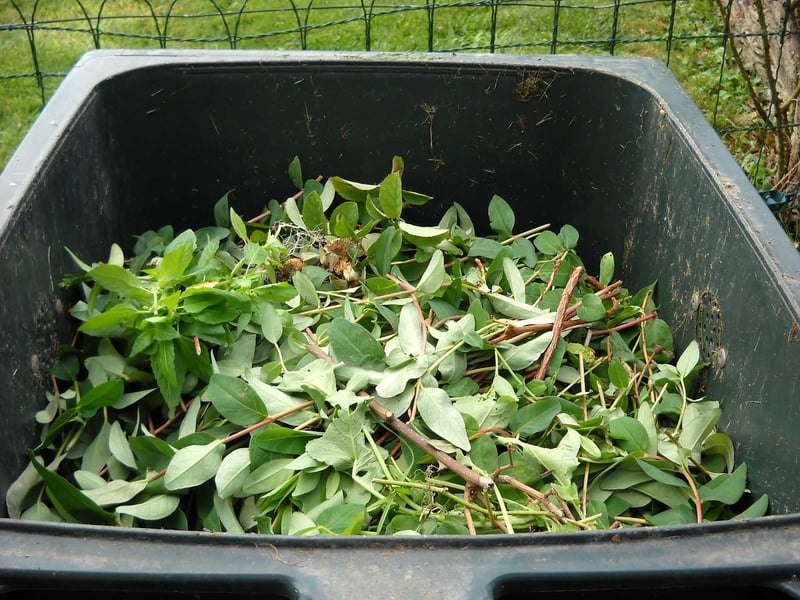Benefits of Composting
The Importance of Sustainable Waste Management and Benefits of Composting
In today's world, where environmental concerns are at the forefront of global discussions, sustainable waste management practices have become increasingly crucial. One of the key elements of sustainable waste management is composting, a natural process that breaks down organic materials into nutrient-rich soil. Let's explore the significance of sustainable waste management and the numerous benefits of composting.
Why Sustainable Waste Management Matters
Sustainable waste management involves reducing, reusing, and recycling materials to minimize the impact on the environment. By adopting sustainable practices, we can conserve natural resources, reduce greenhouse gas emissions, and lessen the amount of waste sent to landfills.
Benefits of Composting
Composting is a simple yet powerful way to recycle organic waste and create a valuable resource for gardening and agriculture. Here are some of the key benefits of composting:
- Enriches Soil: Compost is a natural fertilizer that enriches the soil with essential nutrients, improving plant growth and health.
- Reduces Landfill Waste: By diverting organic waste from landfills, composting helps reduce methane emissions and alleviate pressure on landfill space.
- Conserves Water: Compost helps soil retain moisture, reducing the need for irrigation and conserving water resources.
- Suppresses Plant Diseases: The beneficial microorganisms in compost can help suppress plant diseases, promoting healthier plants.
- Reduces Chemical Use: Using compost in gardening and agriculture reduces the need for chemical fertilizers, contributing to a healthier ecosystem.
Get Started with Composting
Interested in starting your composting journey? Here are a few simple steps to get you started:
- Choose a composting method that fits your space and lifestyle, such as backyard composting or vermicomposting (using worms).
- Collect organic waste materials like fruit and vegetable scraps, coffee grounds, eggshells, and yard trimmings.
- Layer brown (carbon-rich) and green (nitrogen-rich) materials to create a balanced compost pile.
- Regularly turn and aerate the compost pile to speed up the decomposition process.
- Use the finished compost in your garden or potted plants to nourish the soil and promote plant growth.
Embracing sustainable waste management practices like composting not only benefits the environment but also allows us to actively contribute to a healthier planet for future generations.

Image source: Pixabay
